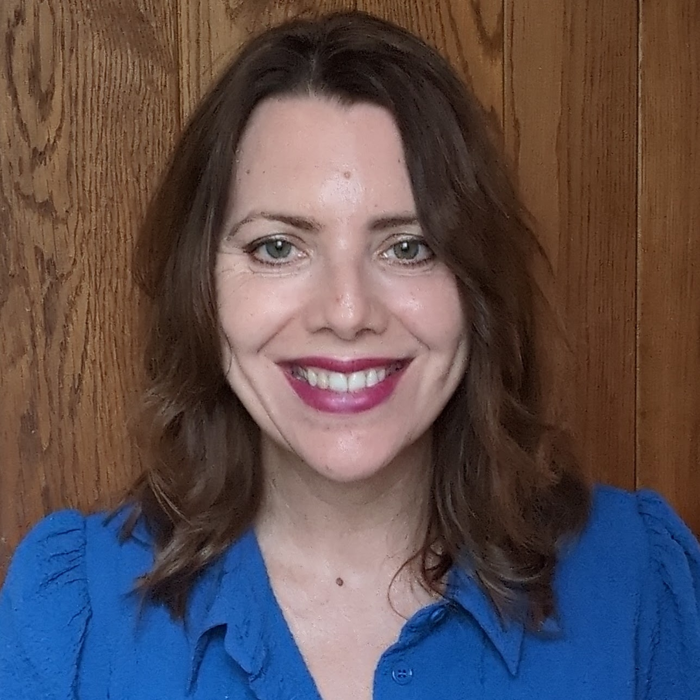Brain, Movement, and Song
Thursday 4th March 2021, 5:00 PM - 7:00 PM (London Time)
This workshop will provide a gross overview of brain anatomy with a focus on how the brain controls movement, and the voice in particular.
Motivating case
- Meet the Chimpanzees: Viki and Washoe
- Why can Apes use sing language, but not speak or sing?
- Is there something special about the way that the human brain controls the voice?
Gross brain primer
- The four lobes
- Grey matter vs white matter
- Networks
Neuroscience of movement
- Primary motor cortex
- Somatotopy
- Descending motor pathways
- Movement from electrical stimulation
- Paresis from damage, e.g., stroke
- Cortico-striatal loop
- Functions
- Executing motor plans
- Learning new motor plans
- Anatomical components & their connections
- Supplementary Motor Area
- Basal Ganglia
- Thalamus
- Relevant disorders
- Parkinson’s disease
- Huntington’s disease
- Functions
- Cortico-Cerebellar Loop
- Functions
- Correcting movement errors
- Sensory feedback
- Anatomical components
- Cerebellum
- Thalamus
- Functions
- An example from Dance: fMRI Tango!
- Lead with your cortico-striatal loop
- Follow with your cortico-cerebellar loop
Neuroscience of song
- Specialisation for voice motor control
- Uniqueness to humans
- Electrical stimulation & Lesions
- Brain imaging studies
- Song
- Speech
- Emotions
Birdsong
- Avian song production system
- Analogy with human primary motor cortex
- Avian song learning system
- Analogy with human cortico-striatal loop
- Brain imaging evidence
- Vocal imitation fMRI
Summary
- Humans share a motor system with other mammals
- But with some voice specialisation
- Similar specialisation also appear in songbirds
Dr Michel Belyk
Dr Michel Belyk is a Senior Lecturer in Psychology at Edge Hill University. He studies the human voice, all the things that it says, and how it is able to say them.
Sorry, this is an archived short course...
We have plenty of upcoming short courses coming soon. See details of some of them below or look at the full list of short courses.

Tuesday 13th January 2026
5:00 PM - 6:30 PM
Tuesday 20th January 2026
5:00 PM - 6:30 PM
Tuesday 27th January 2026
5:00 PM - 6:30 PM
Tuesday 3rd February 2026
5:00 PM - 6:30 PM
Tuesday 10th February 2026
5:00 PM - 6:30 PM
(London Time)
Introduction to Postgraduate Academic Skills - Join Live!

Debbie Winter
Are you ready to elevate your academic journey? Hosted by our very own Debbie Winter, join our comprehensive Introduction to Academic Skills course, designed to equip you with essential tools and strategies for success in higher education. Perfect for bridging the gap between undergraduate and postgraduate study, this course offers a pathway to our full MA for students without an existing degree. We offer both live, interactive sessions and standalone, pre-recorded content.

Thursday 15th January 2026
5:00 PM - 7:00 PM
Thursday 22nd January 2026
5:00 PM - 7:00 PM
Thursday 29th January 2026
5:00 PM - 7:00 PM
Thursday 5th February 2026
5:00 PM - 7:00 PM
Thursday 12th February 2026
5:00 PM - 7:00 PM
(London Time)
Trauma-Sensitive Voice Professional Certificate with Dr Elisa Monti

Dr Elisa Monti
Updated for 2026, this five-part certificate course is designed to help participants learn the theory and practice of trauma-sensitive approaches. The concepts and activities included are tailored to meet the needs of voice specialists who want to acquire more specific tools to navigate the space with their students and colleagues.

Monday 9th February 2026
5:00 PM - 7:00 PM
(London Time)
Certificate in Applied Voice Pedagogy with Adam Roberts

Adam Roberts
Spring Immersive - live and interactive learning! This 12-week online programme is designed for voice professionals committed to deepening applied voice pedagogy skills and advancing professional practice. The course offers a rich environment to reflect on your teaching philosophy and develop applied pedagogical techniques. It is ideal for voice teachers, coaches, therapists, and performers seeking to bridge foundational knowledge with practical, student-centered applications.
